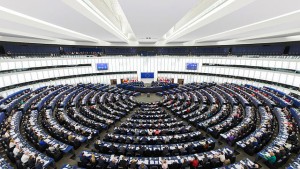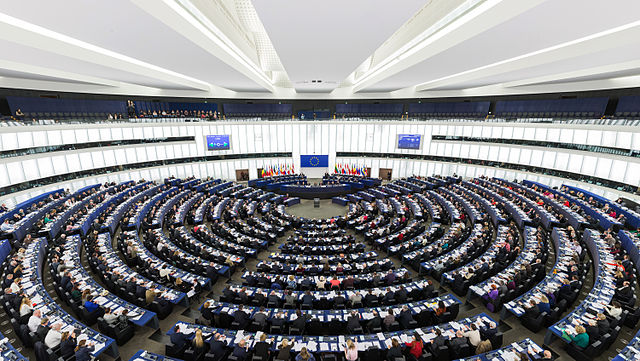 Economic ministers from the Association of Southeast Asian Nations (ASEAN) are determined to see through two major free trade agreements, one with the European Union (EU) and the other with ASEAN’s six dialogue partners.
Economic ministers from the Association of Southeast Asian Nations (ASEAN) are determined to see through two major free trade agreements, one with the European Union (EU) and the other with ASEAN’s six dialogue partners.
The Southeast Asian ministers in a joint statement with their EU counterparts recently reaffirmed their commitment to the ASEAN-EU Free Trade Agreement (ASEAN-EU FTA), said a news report by Bernama.
The statement also said senior economic officials will be ordered to intensify efforts and come up with recommendations to be presented at the next ASEAN Economic Ministers-EU Consultation.
The ASEAN ministers held consultations with EU Trade Commissioner Cecilia Malmstrom on the sidelines of the 22nd ASEAN Economic Ministers Retreat earlier this month.
The statement said both parties also reaffirmed their commitment to strengthen and deepen economic relations.
It also said both parties were happy with the progress made in carrying out the ASEAN-EU Trade and Investment Work Program 2015-2016.
The EU is ASEAN’s second largest trading partner.
RCEP conclusion this year
Additionally, the ASEAN economic ministers expressed their commitment to implement tariff reductions in goods as agreed on in negotiations for the Regional Comprehensive Economic Partnership (RCEP), said Malaysia’s International Trade and Industry Minister Mustapa Mohamed.
“Today, we (ASEAN Economic Ministers) agreed and expressed our commitment not to withdraw from the RCEP and the matters already agreed to will be implemented,” the minister told Bernama on the sidelines of the retreat.
Several countries had said they would find it difficult to eliminate 65% of the tariff lines upon signing of the RCEP, the reductions rising to 80% in 10 years.
The RCEP, a proposed free trade agreement between ASEAN’s 10 member states and six dialogue partners—China, Japan, India, Australia, South Korea, and New Zealand—was supposed to have been finalized last year, but is now expected to be signed this year.
Negotiations for the RCEP, which involves three billion people and a combined gross domestic product (GDP) of US$17 trillion, were formally launched in November 2012 at the ASEAN Summit in Cambodia.
The RCEP will cover trade in goods, trade in services, investments, economic and technical cooperation, intellectual property rights, competition, and dispute settlement mechanisms.
Malaysia reviving talks with EU
Meanwhile, Malaysia and the EU have agreed to resume discussions on their bilateral FTA which have been delayed for the past three years.
Mustapa said the negotiation parties from both sides will meet in mid- or end-April this year.
“Malaysia and EU started FTA talks five years ago. They were, however, delayed for three years due to various unavoidable factors,” he said.
He said among the factors for the delay were Malaysia’s involvement in the talks on Trans-Pacific Partnership Agreement and the failure of both parties to agree on various issues.
Mustapa said the EU will also continue FTA talks with other ASEAN nations like Indonesia, Thailand, and Philippines. It has just completed negotiations with Vietnam.





